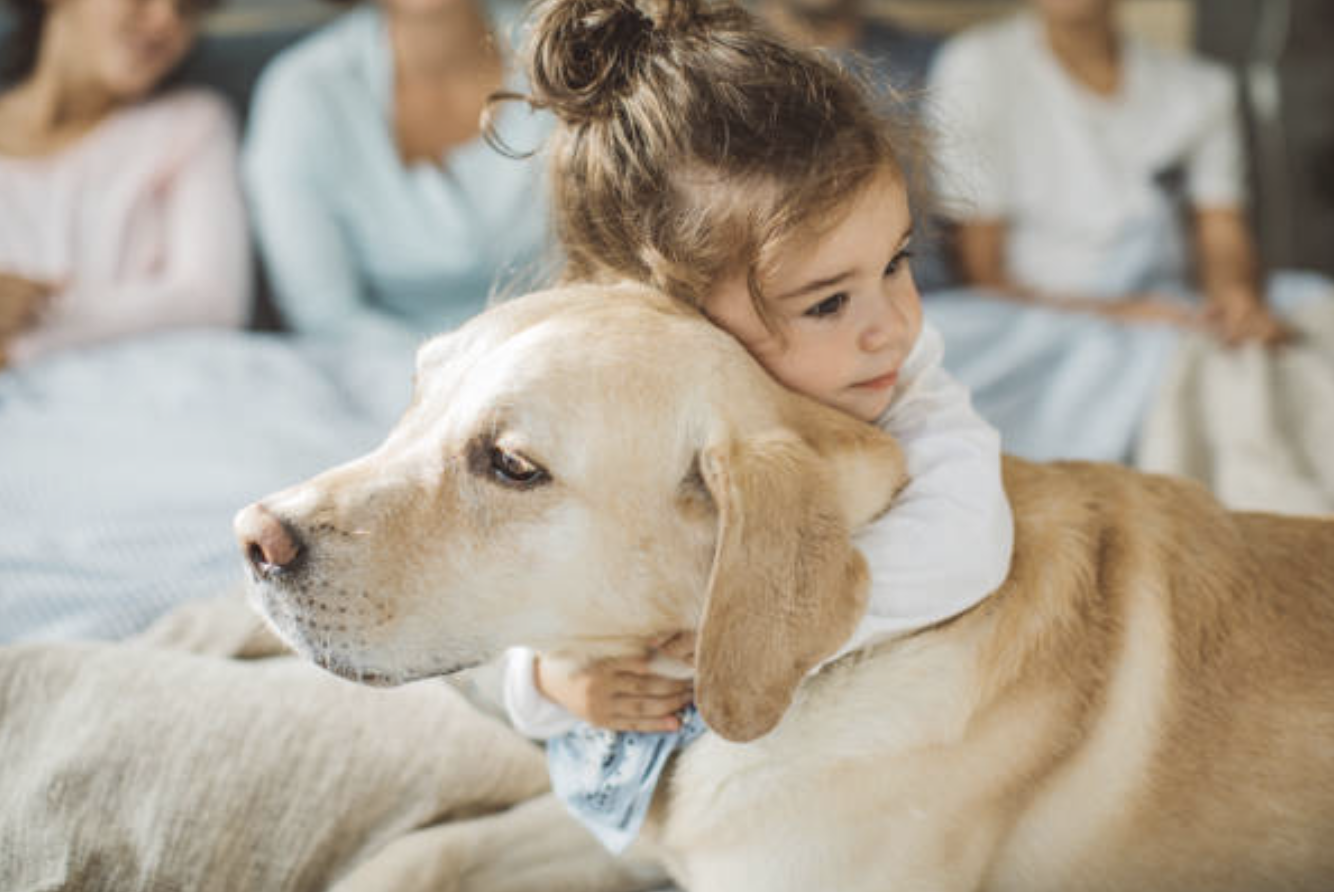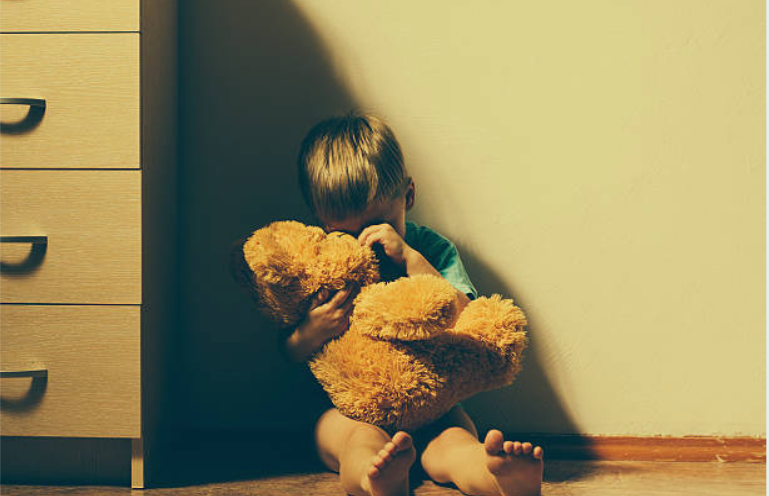THE GRIEVING CHILD: TELLTALE SIGNS TO LOOK OUT FOR
Loss is a universal certainty, and every person will experience grief for a loved one at some point in their life. Unfortunately, for some, that moment comes much sooner than seems fair. Grieving is difficult enough as an adult. For children who lose loved ones, the process can be overwhelming and traumatic they are not guided by understanding, supportive caretakers. Etcetera spoke to clinical psychologist, Dr. Diala Najjar, to learn more about the specific grieving process of children, the normal manifestations of grief, and the warning signs that grief has gone too far.
Children’s Grief
“It’s important to understand that children grieve too,” Najjar explains. “And we have to help them with that process because they don’t yet have the coping skills or verbal abilities to deal with that on their own.”
Yet, children’s grieving process differs significantly from that of adults. “Adults grieve constantly for months,” Najjar illustrates. “But children, because of their short attention span and because of the overwhelming nature of grief, grieve intermittently: they might cry for an hour and then pick themselves up and go play.”

Adults sometimes take this behavior as proof that the child is not grieving or suffering. “That’s not true,” Najjar insists. “The grief can be overwhelming and because of that, unconsciously, children will seek a break, their bodies need a break. So they play for an hour and then they go back to crying.”
There are other indicators of grief.“The first sign is usually a drop or inconsistency in grades at school,” Najjar says. “Like adults, children go through a period of depression, a period of isolation in which they work out their grief on their own.”
Behavioral changes also come to the fore. “Changes in appetite and in sleep schedules after loss are very common,” Najjar states. “Children become more easily irritated.”
Parents need to understand that difficult behavior is a natural form of grieving. “Unfortunately, I’ve heard stories of children who were punished frequently or even sent to boarding schools after a loss, because they became ‘difficult,’” Najjar laments.
“Children aren’t going to sit and pray and mentally work out their grief in an emotionally healthy way,” Najjar says. “They’re children. They will grieve like children.”
How Can Adults Help?
If a young child has recently lost a parent or primary caregiver, the most important thing is to make sure that the child’s needs are being met.
It’s also important to provide companionship. “If a child has lost his father, it’s important to have another male figure such as an uncle or a much older cousin interact with him or her,” Najjar recommends. “It’s even more important to do so if the child has lost his mother. Alternative female companionship is then crucial. Of course, there’s no need for an aunt to move in and live with the child, but a female caregiver should interact with the child occasionally to compensate.”
Also, one of the most important ways that adults can help is by modelling healthy grieving behavior. “It’s very important for adults to show emotion because it shows children that it is acceptable to show emotion as well,” Najjar explains. “So it’s healthy to cry in front of your child, because that allows him or her to do the same.”
This is important because internalizing grief can be dangerous. “If children keep their hurt inside and refuse to express it, then that can lead to psychosomatic pain,” Najjar says. “Stomachaches, headaches and so on.”
What Not To Do!
However,caretakers must always prioritize the child’s needs even if they are grieving themselves. “Crying in front of a child is healthy but breaking down, wailing, orscreaming in front of a child can be incredibly frightening and traumatizing,” Najjar warns. “If you have to break down, go to your bedroom. Don’t do it in front of the child.”
Also, if the deceased is a direct family member, there will be a period of disorganization in the family as family roles are reassigned. Children should not be made to feel that they hold a heavy responsibility. “It’s crucial during this phase not to tell a child ‘you are the man of the house now’ or ‘you should take care of your father,’” Najjar warns.
Alarm Bells
While certain symptoms of grief are normal and acceptable, others can be warning signs. “If the child begins to show extreme aggression, a lot of withdrawal, or indiscriminate clinginess to different people, even strangers, then this child needs therapy to cope with his or her grief,” Najjar explains.

Other signs can be even more worrying. “If a child starts wetting the bed again, that’s normal,” Najjar says. “But if this continues or becomes extreme or starts happening often during the daytime, this is worrying.”
Worst of all is encopresis. “If a child is pooping involuntary, during the night or day, this shows zero control over his or her body,” Najjar explains. “We never like this symptom, and a child suffering from it needs urgent help.”
However, apart from those cases, a grieving child will suffer for a period of time, and then he or she will be able to cope. “Children are remarkably resilient,” Najjar reassures. All they need is for adults to understand their different grieving process and special needs.
Dr. Diala Najjar is a clinical psychologist for individuals, families, and children. She holds a undergraduate degree from the American University of Beirut, a graduate degree from Boston University, and a Doctorate of Psychology in Clinical Psychology from the California School of Professional Psychology.






